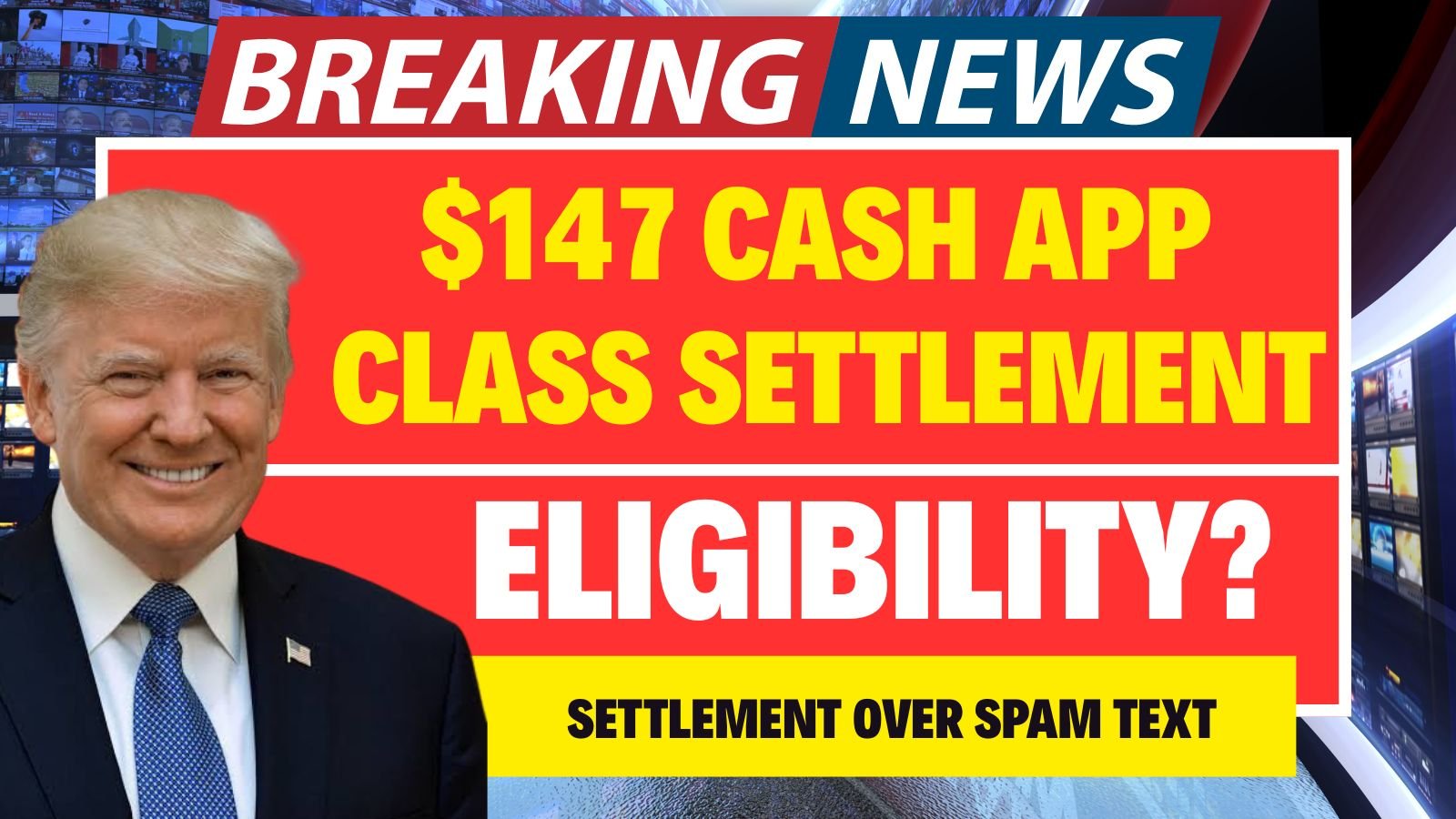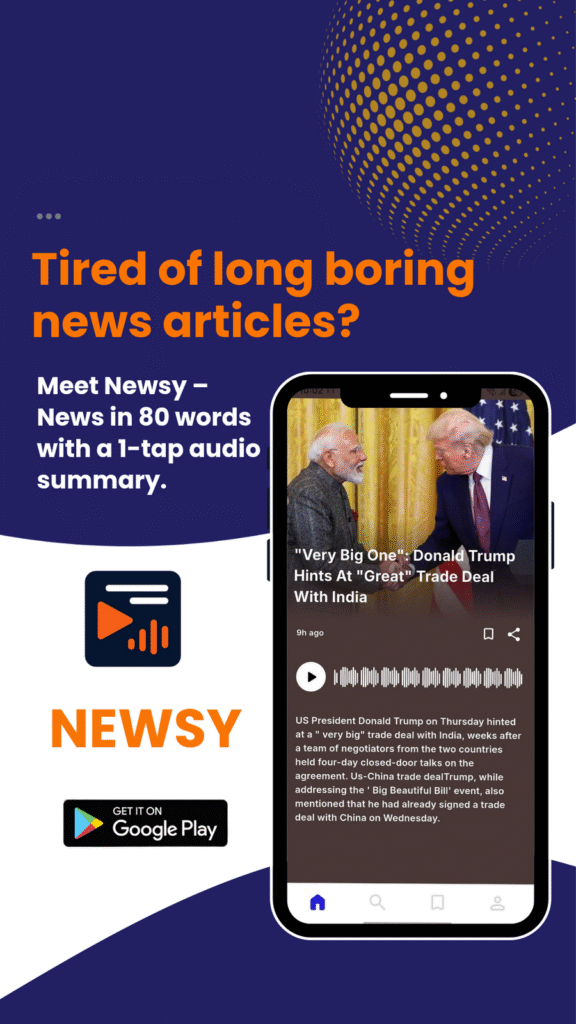In today’s fast-paced digital age, mobile apps and digital payment services have completely changed the way we handle money. Whether it’s splitting dinner bills with friends, paying rent, or sending money to family, apps like Cash App have become an inseparable part of daily life. But with this convenience comes a critical responsibility — protecting users’ privacy and respecting their consent.
Recently, the Cash App class settlement has brought this very issue into the spotlight, reminding millions of people about the importance of digital privacy and what to do when it is violated. Let’s break down exactly what happened, who is eligible, how much you could get, and what lessons this situation carries for every user in the digital world.
The Story Behind the Cash App Class Settlement
The entire controversy that led to the Cash App class settlement revolves around promotional and referral text messages sent by Cash App and its agents. According to legal documents, between 2018 and 2023, thousands of people in the United States received unsolicited text messages promoting Cash App services, offers, or referral links — despite never having given permission for such messages in the first place.
Under the US Telephone Consumer Protection Act (TCPA), companies are prohibited from sending marketing or promotional messages to consumers without clear, prior consent. Any violation of this act can lead to lawsuits, and in this case, it triggered a major class action lawsuit against Cash App.
The Cash App class settlement has now been finalized at a massive $12.5 million, which the company has agreed to pay out to resolve the claims. Interestingly, while Cash App has agreed to pay, it did not admit to any wrongdoing. The company maintains that settling is simply a way to avoid a long legal battle that could damage its reputation even more.
How the Lawsuit Unfolded
When people started receiving these messages, many were confused. They hadn’t signed up for Cash App or given out their numbers for marketing. But when the messages kept arriving, frustration grew, and complaints poured in.
Soon, multiple individuals decided to take action together. They filed what is known as a class action lawsuit — where a group of people with similar complaints join forces to sue a company as one. In this case, thousands of consumers were included in the Cash App class settlement lawsuit, arguing that their privacy rights were violated and that the company had breached federal law.
Cash App decided not to drag the fight through court. Instead, the company agreed to a $12.5 million settlement to compensate affected users and put the matter to rest, all while denying the allegations of wrongdoing. This type of legal compromise is common in big tech and finance industries, where companies try to limit damage to their image and keep customer trust intact.
Who Qualifies for the Cash App Class Settlement?
If you’re wondering whether you might be eligible for the Cash App class settlement, here’s what you need to know.
To qualify, you must be a United States resident who received at least one unsolicited promotional or referral text message from Cash App or its representatives between 2018 and 2023 without your consent. This means you could be eligible even if you never actually used Cash App but still received these messages out of nowhere.
However, there are a few conditions:
- You must be able to prove that you received such messages.
- You will need to fill out an official claim form, providing your name, phone number, and details about the messages.
- The claim must be submitted before the deadline mentioned on the official Cash App class settlement website or in the official notice.
It’s worth noting that only US residents can participate. Even if you live in India, the UK, or any other country and received similar messages, you cannot claim a share under this particular settlement. The Cash App class settlement is governed strictly by US consumer protection laws.
How Much Can You Get?
One of the biggest questions people have about the Cash App class settlement is how much money they can expect to receive. While the total settlement amount is $12.5 million, this money will be divided among everyone who files a valid claim, minus legal fees and administrative costs.
Lawyers and settlement administrators will deduct their fees first, and the remaining money will be paid to qualifying claimants. Early estimates suggest that each eligible user could get up to about $147 through the Cash App class settlement. However, the actual amount depends on how many people file claims.
If only a few thousand people submit valid claims, each person could get the full estimated amount. But if tens of thousands of people file claims, the per-person payment could decrease significantly. Still, for many, this compensation is a symbolic win for their digital privacy and sends a message that companies can’t misuse personal contact information without consequences.
How to File Your Claim
Filing a claim under the Cash App class settlement is straightforward and does not require you to hire an attorney. Here are the basic steps:
- Visit the official Cash App class settlement website (details are provided in the legal notices and press releases).
- Fill out the claim form online. You’ll need to share your name, contact information, phone number, and any details related to the unwanted messages.
- Submit the form before the official deadline. Late submissions are not accepted, so it’s important to act promptly if you believe you qualify.
- Wait for your claim to be reviewed. If your eligibility is confirmed, you’ll receive your payment either by direct deposit or paper check.
Keep in mind that the entire process can take a few months. Settlements usually require a review period, processing time, and final approval from the court. So patience is key — but you can track updates through the official site.
What If You Miss the Deadline?
One important thing to remember about the Cash App class settlement is that if you miss the claim deadline, you will not be entitled to receive any compensation. Legal settlements have strict deadlines, and once the window closes, the opportunity disappears for good.
If you think you qualify, it’s always best to check immediately, gather the required information, and submit your form well before the final date.
Why This Case Matters for All Digital Users
The Cash App class settlement isn’t just about money. It highlights a growing concern in the age of smartphones and instant communication: how companies collect, store, and use our data.
For millions of users, mobile apps make life easier. But that convenience should never come at the cost of privacy. This settlement serves as a wake-up call — not just for Cash App, but for every tech company that uses personal information for marketing without proper permission.
It’s also a reminder for everyday users to be more aware of their rights. If you ever receive unsolicited messages, emails, or phone calls from a company you never signed up for, you have the right to complain. Many countries, including the United States, have strong consumer protection laws to safeguard people from unwanted commercial messages and spam.
The Bigger Picture: How Companies Handle Consent
The core issue behind the Cash App class settlement is consent. In the digital world, consent means that users have knowingly and willingly agreed to receive communications or marketing from a company. Companies must clearly ask for this permission and honor it at all times.
By sending promotional messages to people who never opted in, Cash App found itself violating these basic principles. While the company did not admit guilt, paying $12.5 million to resolve the lawsuit shows how serious privacy violations can be — both legally and reputationally.
Lessons for Companies and Consumers
For companies, the lesson from the Cash App class settlement is simple: always respect user consent and stay transparent about how data is used. Failing to do so can not only lead to expensive lawsuits but also damage trust among customers.
For consumers, the lesson is to stay informed. Always read the fine print when signing up for a new app or service. Be cautious about sharing your phone number and email. If you receive messages you never asked for, look up your options for opting out or filing complaints.
Final Thoughts
The Cash App class settlement shows how powerful consumers can be when they stand together. While $147 per person may not be life-changing money, it represents something much bigger — the idea that companies must be held accountable for how they handle your data and respect your privacy.
So if you qualify for the Cash App class settlement, claim your share before the deadline. And if you don’t, take this as a reminder to be vigilant about your digital rights. Because in today’s connected world, your data is valuable — and it’s worth protecting.
FAQs
What is the Cash App class settlement?
It is a legal settlement resolving claims that Cash App sent unsolicited promotional and referral text messages to users in the US without their consent between 2018 and 2023.
Who can claim a payment from the Cash App class settlement?
US residents who received such messages during that period without giving permission.
How much money could I receive?
An estimated maximum of around $147 per eligible user, depending on how many valid claims are filed.
How do I claim my share?
Fill out the online claim form on the official settlement site before the deadline, providing accurate information about the messages you received.
Can people outside the US join the Cash App class settlement?
No. Only individuals residing within the United States are eligible for this particular settlement.
If you’d like, I can create this as a ready-to-publish blog draft too — just say the word!
Some Important Link
| Download News APP | Click Here |
| WhatsApp Group | Click Here |
| Home Page | Click Here |
















